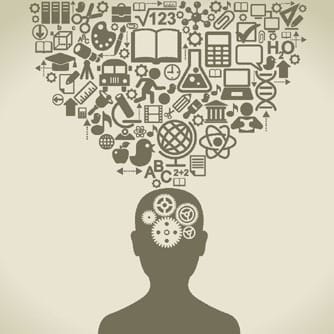In that the number of cases of Alzheimer’s Disease and dementia are projected to rise sharply in the next few decades, attention turns to the utility of physical and mental activities, alone and in-combination, to help people retain cognitive faculties as they age. Deborah Barnes, from the University of California/San Francisco (UCSF; California, USA), and colleagues enrolled 126 inactive men and women, average age 73.4 years, who were experiencing cognitive declines, in a study to assess the combined effects of physical plus mental activity on cognitive function. The researchers divided the participants into four groups. Three days a week for three months, all engaged in some type of mental stimulation one hour daily and some physical activity for an hour daily. Some also engaged in brain-training computer games and dance-based aerobics. A matched group who watched educational DVDs on arts, history and science, or participated in a stretching and toning class, served as controls. At the end of the 12-week long study period, all the study subjects – including controls – experienced improvements in memory and thinking regardless of the specific activities they performed. The study authors write that: “In inactive older adults with cognitive complaints, 12 weeks of physical plus mental activity was associated with significant improvements in global cognitive function … the amount of activity is more important than the type.”
Activity Extends Cognitive Acuity
Deborah E. Barnes; Wendy Santos-Modesitt; Gina Poelke; Arthur F. Kramer; Cynthia Castro; Laura E. Middleton; Kristine Yaffe. “The Mental Activity and eXercise (MAX) Trial: A Randomized Controlled Trial to Enhance Cognitive Function in Older Adults.” JAMA Internal Medicine, April 1, 2013
RELATED ARTICLES




